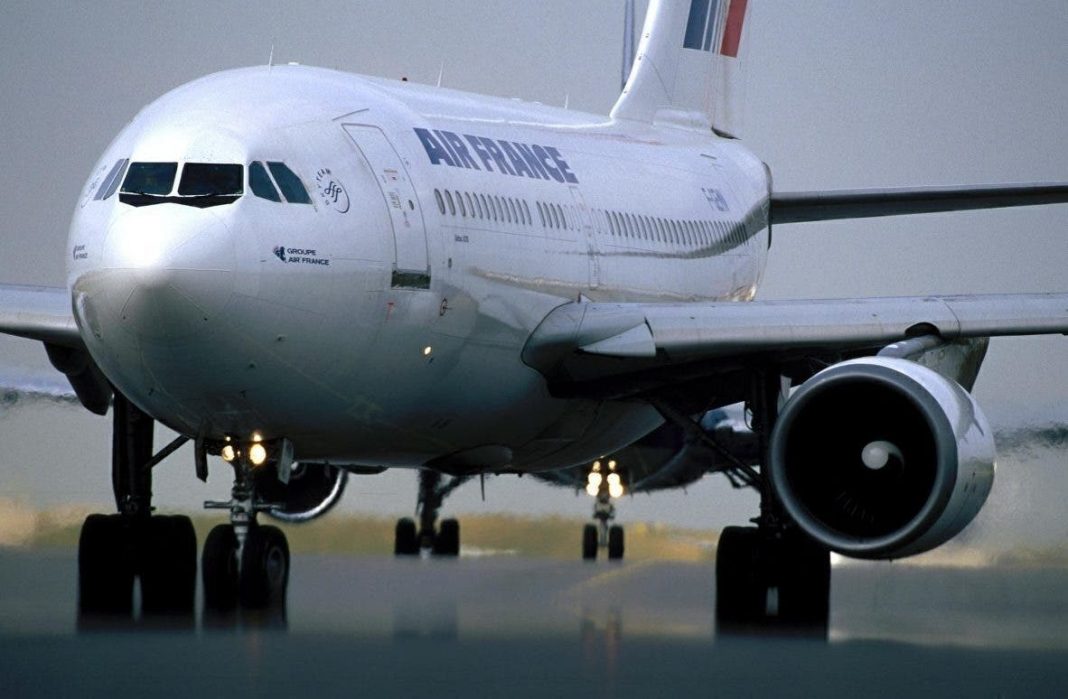On Saturday, an Air France Boeing 777-300 had to turn around and head back to Réunion after the crew reported smoke in the cockpit. The flight was heading from Saint-Denis de La Réunion to Paris Charles de Gaulle when the crew made the discovery. Fortunately, the aircraft landed safely back in Reunion 4:45 hours after departure, and the flight was postponed until the next day.

What happened?
The incident, which was first reported by the Aviation Herald, took place on Air France flight AF 671, flight registration F-GSQP, which departed from Réunion on July 11th. The plane was bound for Paris Charles de Gaulle airport, with 468 people onboard. The flight was en route, at FL320, about 1,160 nautical miles north northeast of Réunion when the problem was noticed. The plane had no choice but to turn around and head back to its origin. Local media reported that the crew had reported smoke in the cockpit.
The plane was able to land in Réunion safely, and the flight was postponed for 24 hours. The airline reported that the plane returned due to a technical problem, but no further information has been released.
Simple Flying has reached out to the airline for comment, and we will update the article with any response.

How common is smoke in the cockpit?
Smoke in a plane’s cockpit from electrical or other failures is reported more often than people think. In the last eight weeks alone, Vision Safe has noted 11 incidents of smoke being reported in the cockpit.
Smoke is an immediate safety concern anywhere in the aircraft, but it is of even greater concern if reported in the cockpit. The cause of the smoke could cripple vital systems or obscure navigational instruments. Air conditioning and galley equipment are also common causes of smoke and fumes onboard aircraft.
Just last week, an Air Canada flight, traveling to Halifax from St John’s, had to divert back to St John’s after smoke was detected in the cabin 15 minutes into the flight. Two weeks earlier, a defect in an aircraft system caused smoke in the cockpit of a Fokker 100 aircraft operated by Karun Airlines. This aircraft was also forced to divert back to its origin.
While detection of smoke and fumes causes diversions, delays, and inconvenience, luckily smoke-related incidents onboard rarely cause critical situations.

In other news
Air France has been in the news a lot recently, as it starts to ramp up its post-COVID-19 operations. The airline recently reported that it is set to cut 6,560 jobs over the next three years, after announcing that it lost €15 million per day at the height of the coronavirus crisis. The airline also retired its nine Airbus A380s two years early as a result of the pandemic.
As travel restrictions begin to lift, Air France has stated that it does not expect to see the levels of traffic it saw in 2019 until 2024. However, in-line with decreasing travel restrictions, the airline has set out plans to restore 60% of its schedule by October. These plans are based on countries continuing to ease travel restrictions and could be forced to alter as the situation changes.
Have you ever been delayed or diverted due to smoke on a plane? Let us know in the comments.
[ad_2]
Source link



